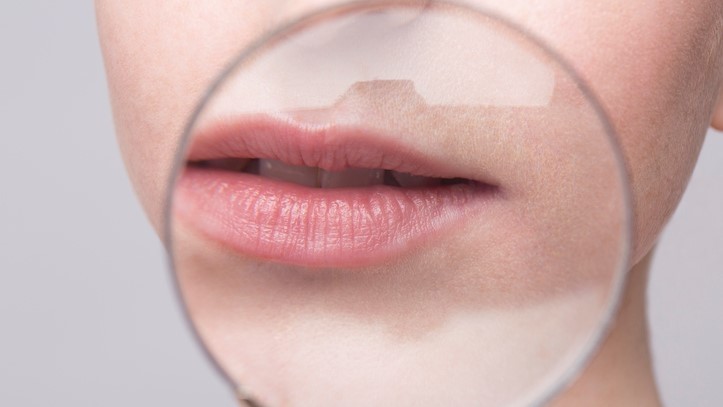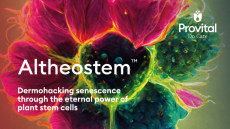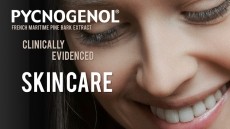Made for me: Customised cosmetics will become ‘centrepiece’ of K-beauty in a post-COVID market – Review

A new review published in the Journal of Cosmetic Dermatology has suggested that custom cosmetics innovation will become the “centrepiece” of the K-beauty industry in the post-pandemic market.
“After the COVID-19 pandemic, the advanced product consumption market due to the popularisation of customised curation services for cosmetics in Republic of Korea is expected to develop in the future, growing into the centrepiece of the beauty industry.”
The review, published on August 30, postulated that the rise in demand for customised cosmetics was due to the changes in consumer patterns triggered by COVID-19.
“In recent years, the sensitivity and interest in health for lifestyle of health and sustainability have increased due to the aftermath of coronavirus infections and the strengthening of the efficiency of individual genetic tests, and more consumers are looking for customised cosmetics.”
It pointed out that consumption value has evolved drastically since the outbreak, which would invariably affect the cosmetics market.
“In other words, due to COVID-19, a lifestyle that values individual happiness, such as health, safety, environment, happiness, and family, has become common people prefer a form of consumption that can achieve self-satisfaction and happiness and relieves anxiety from COVID-19.”
Personalised cosmetics will be particularly important for the high-end cosmetics segment, where consumers can be expected to be more demanding.
The development of the custom cosmetics segment is important in boosting the overall K-beauty industry and give it a “unique competitiveness”, said the review.
This is imperative as Korea’s cosmetics market has declined in the wake of COVID-19, especially in offline channels such as department stores and duty-free shops.
K-beauty gets personal
In the past few years, customised cosmetics have become a hot area in South Korea. The country was the first to introduce legislation to regulate the customised cosmetics space in 2020.
This has spurred a raft of innovations from Korean cosmetic companies. K-beauty majors Amorepacific and LG Household & Health Care (LG H&H) have both poured investments into developing and commercialising custom cosmetics.
This year, Amorepacific launched a new brand, Custom.Me, to provide hyper-personalised products with an artificial intelligence-powered skin analysis it developed. Consumers can also receive one-on-one consultations with beauty advisors through a dedicated app.
Not to be outdone, LG H&H launched the smart customized hair dye system LG CHI Colour Master in the US this year, a project that was jointly researched and developed with American hair care company Farooke Systems.
German multinational Beiersdorf has also taken interest in personalised K-beauty brand Lillycover, which was a part of its Nivea Accelerator (NX) programme in 2021.
The review concluded: “[Customised cosmetics] are the centre of the significant future-looking cosmetics market for curation services based on new changes in the Korean cosmetics market.”
A Critical Popularization of Customized Curation Service for Cosmetics in Republic of Korea
Source: Journal of Cosmetic Dermatology
Eunjeong Park, Ki Han Kwon
30 August 2022
https://doi.org/10.1111/jocd.15340






![Chinese study highlights mental health challenges in atopic dermatitis, emphasising holistic patient care. [Getty Images]](https://www.cosmeticsdesign-europe.com/var/wrbm_gb_food_pharma/storage/images/_aliases/wrbm_tiny/publications/cosmetics/cosmeticsdesign-asia.com/headlines/formulation-science/chinese-research-linking-atopic-dermatitis-to-mental-health-underscores-need-for-holistic-care/17040623-1-eng-GB/Chinese-research-linking-atopic-dermatitis-to-mental-health-underscores-need-for-holistic-care.jpg)








